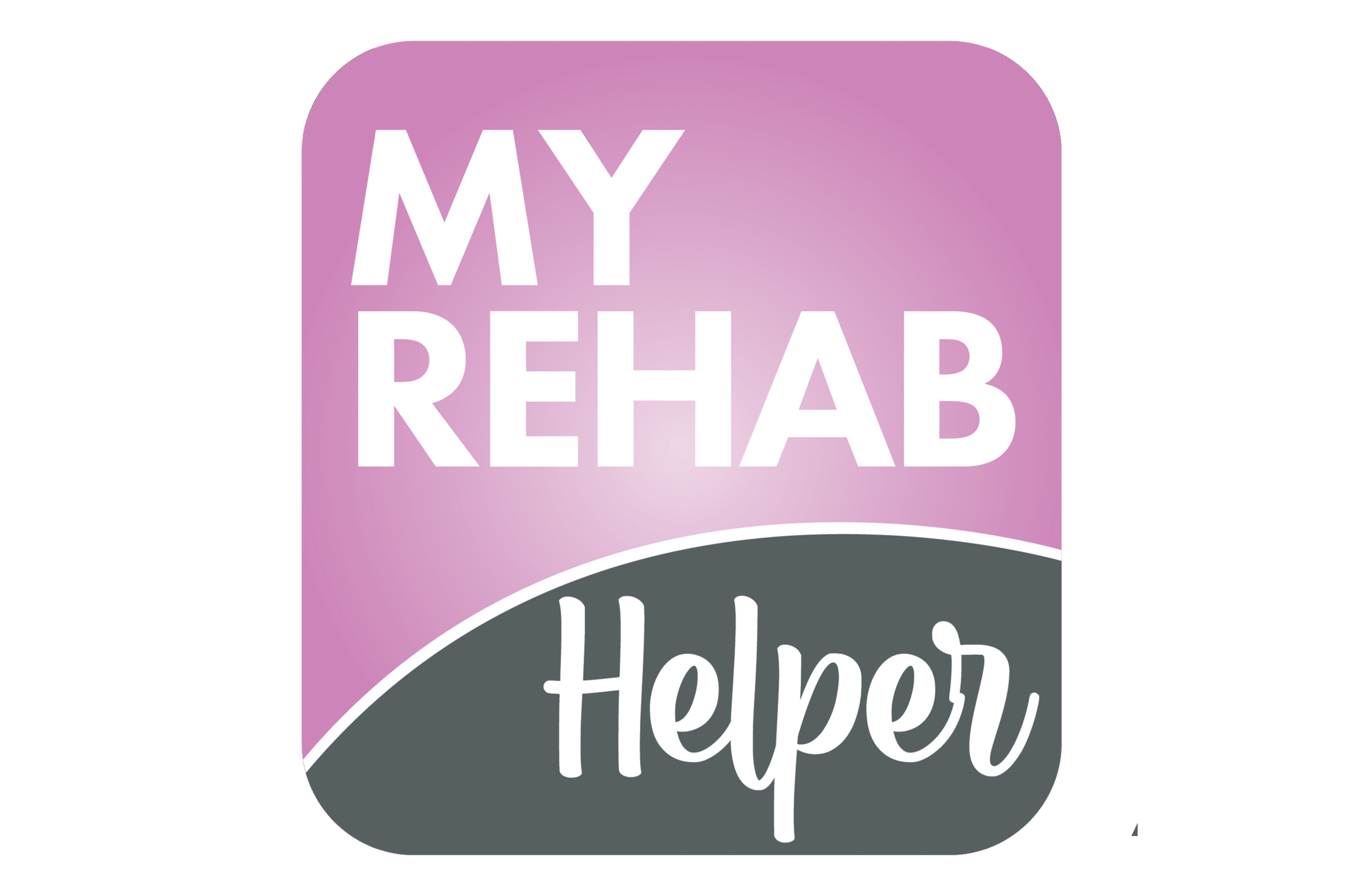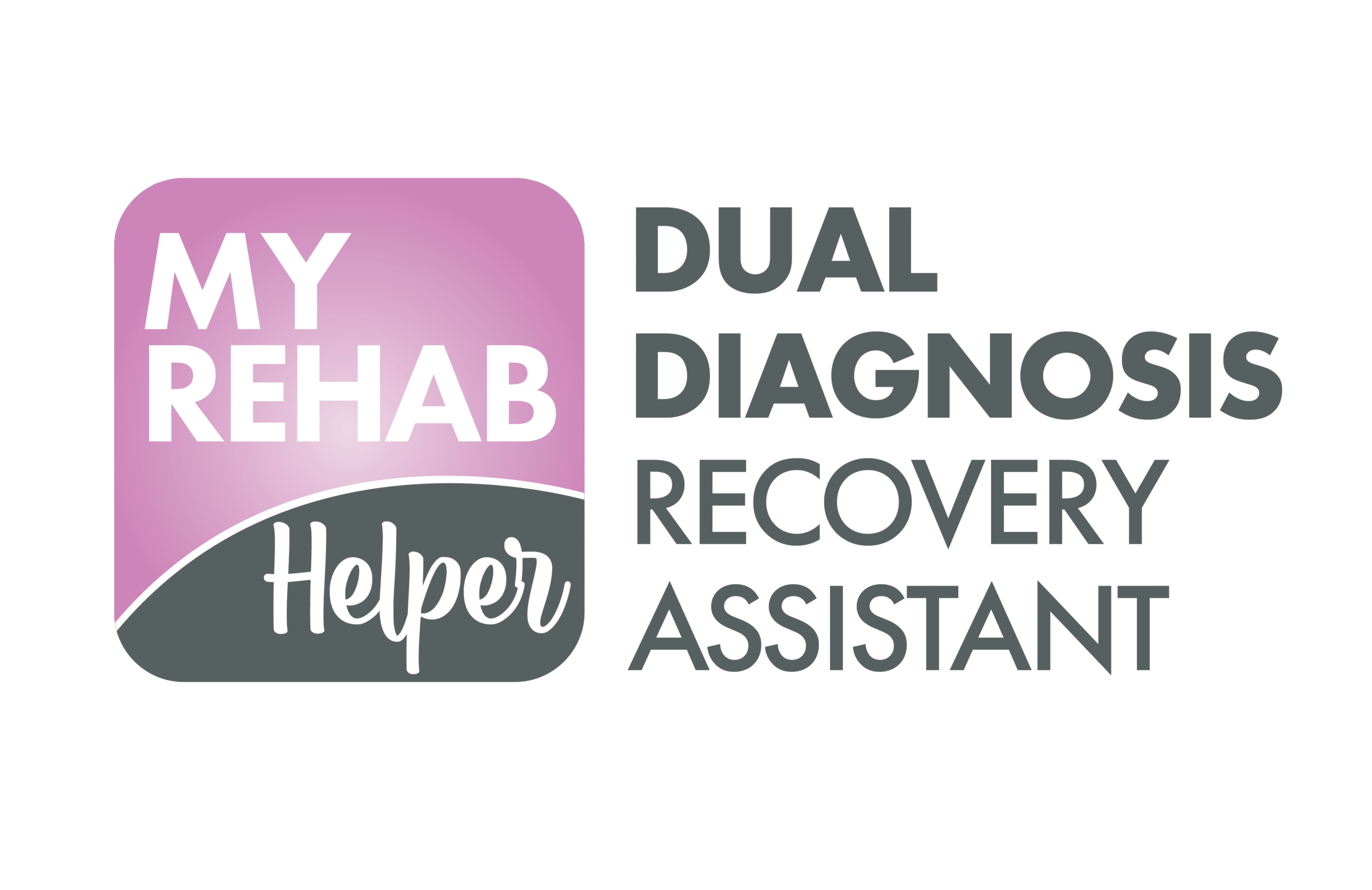
How do Sleeping Pills Affect the Body and Brain?
How do Sleeping Pills Affect the Body and Brain?
Effects of Sleeping Pills on the Body and Brain
Sleeping pills, particularly those prescribed for insomnia, primarily act on the central nervous system to promote relaxation, reduce anxiety, and help users fall asleep faster. The most common types of sleeping pills include benzodiazepines, non-benzodiazepine sedative-hypnotics (often referred to as 'Z-drugs'), and occasionally, barbiturates. Heres how these medications affect the body and brain:
Benzodiazepines
Benzodiazepines enhance the effect of GABA. They reduce anxiety. Promote relaxation and induce sleep. Can cause cognitive and motor impairments.
Non-Benzodiazepine Sedative-Hypnotics (Z-Drugs)
Z-drugs target specific GABA receptors. Intended to cause fewer side effects. Promote sleep initiation and maintenance. Can cause memory lapses and unusual behaviors.
Call one of our MyRehab Helpers now!
Contact one of our helpers for ethical referals to a facility or health care professional that suits your unique circumstances.
Barbiturates
Barbiturates enhance GABA broadly. Cause significant sedation. Disrupt normal sleep architecture. High risk of overdose and respiratory depression.
Cognitive Impairment Risks
Memory issues are common. Alertness and cognition are affected. Risks are higher in older adults. Confusion and decreased cognitive function are noted.
Dependency and Withdrawal
Sleeping pills create dependency. Withdrawal can be challenging. Longer use increases risk. Supervised detox is often required.
Tolerance and Dosage Increase
Tolerance develops with prolonged use. Higher doses are required over time. Risk of side effects increases. Monitoring by healthcare providers is essential.
Interactions with Other Substances
Sleeping pills interact with medications. Alcohol enhances sedative effects. Respiratory depression is a serious risk. Combining substances is dangerous.
Promoting Relaxation and Sleep
Sleeping pills act on the CNS. Reduce anxiety and promote relaxation. Affect brain's neurotransmitter activity. Help in falling and staying asleep.
Potential for Misuse and Addiction
Addiction risk is significant. Misuse leads to dependency. Strict adherence to prescriptions is needed. Addiction treatments should be sought early.
Monitoring and Supervision
Monitoring by healthcare providers is essential. Regular evaluations prevent misuse. Dosages should be carefully managed. Ongoing supervision ensures safety.
Call one of our MyRehab Helpers now!
Contact one of our helpers for ethical referals to a facility or health care professional that suits your unique circumstances.
Alternative Sleep Treatments
Non-medicinal treatments exist. Cognitive Behavioral Therapy (CBT) is effective. Lifestyle changes aid sleep. Holistic approaches are encouraged.
Mitigating Cognitive Risks
Awareness of cognitive risks is crucial. Strategies to mitigate include monitoring and lifestyle changes. Addressing cognitive changes helps. Professional guidance is important.
Understanding Sleep Architecture
Sleep architecture can be disrupted. Sleeping pills may alter stages. Understanding changes helps manage them. Keeping natural sleep patterns is ideal.
Role of GABA in Sleep
GABA plays a central role in sleep. Sleeping pills enhance GABA activity. Understanding this helps in comprehension of effects. Promotes retention of safe practices.
Open Dialogue with Healthcare Providers
Communication with providers is critical. Discuss any issues with sleeping pills. Openness helps manage use effectively. Ensures safe and monitored treatment.
